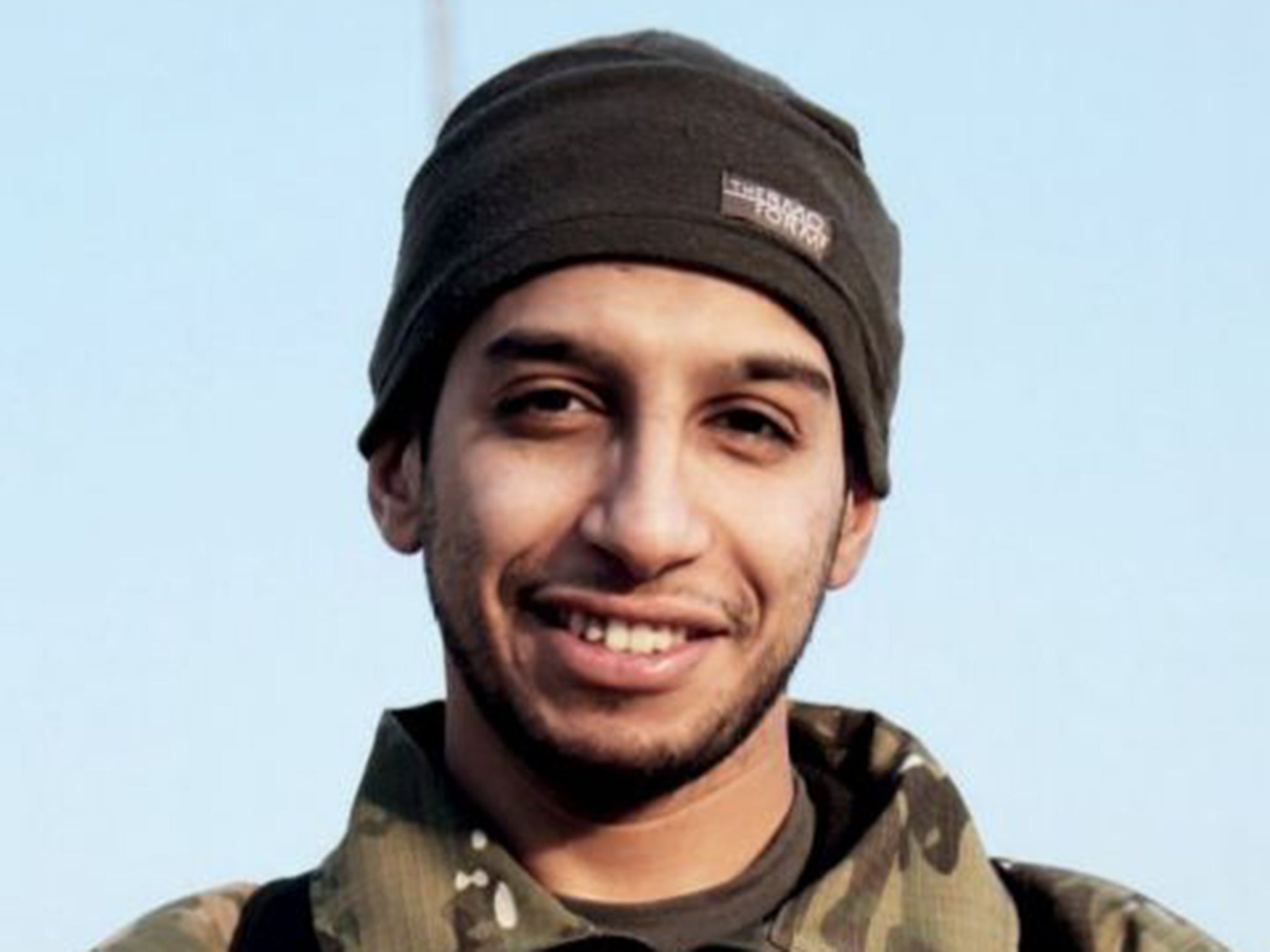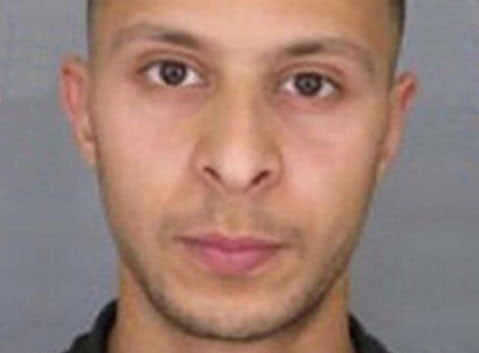Paris attacks: Eight terror suspects named so far are not refugees and have EU passports
Several of the suspects lived in the Brussels neighbourhood of Molenbeek
Claims that a surge in the number of refugees entering Europe from Syria has allowed jihadists to sneak into France, Germany and Belgium unchecked and unnoticed have propagated in the days since Friday's Paris terror attacks, in which 129 people were killed and hundreds more were wounded.
A passport found near the remains of a suicide bomber at the Stade de France purporting to belong to a Syrian refugee named Ahmed Almuhamed, 25, gave rise to 'scare' headlines such as 'Paris attacks terrorist suspect rescued near Greece after his refugee boat sunk' and 'Jihadis sneaked into Europe as fake Syrian refugees'.
According to the Greek government, the passport was used by someone who landed in the Greek islands in early October, before being used again to cross the southern border into Serbia. The French prosecutor's office said the fingerprints of the dead man matched a print of a person registered under the same name in Greece in October 2015.
But there were claims that the document was stolen or a fake, made in Turkey, and French investigators said it may even have been 'planted' at the scene of the bombings at the Stade de France as part of a sophisticated propaganda plan by Isis to infiltrate and exploit the refugee crisis.
Nevertheless, following its discovery Poland rescinded its offer to take in thousands of Syrians, previously agreed under a new EU refugee quota system, with minister for European affairs Konrad Szymanski saying Poland "must retain full control over its borders, asylum and immigration".

Furthermore, since the attacks, more than 420,000 people have signed a petition calling on the UK to 'close its borders', despite pleas for people not to blame refugees for the attacks in Paris, and warnings from the UN that refugees should not be used as 'scapegoats'.
So what is the truth behind the identities of the known terror suspects?
The information may throw a more cautionary light on our reactions to refugees - for contrary to rumour, none of the named suspects recently arrived in Europe from Syria or elsewhere, and most had been born - or grew up - in France and Belgium.
The identities of the eight people directly involved can be broken down as follows:
Bilal Hadfi, 20 - French (living in Belgium)
Ismaël Omar Mostefaï, 29 - French
Samy Amimour, 28 - French
Ibrahim Abdeslam, 31 - French (living in Belgium)
Salah Abdeslam, 26 - French (living in Belgium)
Hamza Attou, 21 - Belgian
Mohamed Amri, 27 - Belgian (born in Morocco)
*Eighth suspect (unidentified) carrying stolen passport in name of 'Ahmad al-Mohammad', 25 - from Idlib, Syria
The alleged mastermind is Abdelhamid Abaaoud, 27, from Belgium.
All of them are EU passport holders, and while some were born in Morocco, others were born and raised in France and Belgium before being radicalised.
Abdelhamid Abaaoud's father Omar said his son, who has been described as the 'mastermind' of the attacks, had turned his back on a "fantastic" life, and reportedly joined Isis in Syria in 2013.
The Telegraph also reported that as few as one in 100 wanted terrorists carrying European passports were being checked against the EU’s anti-terrorism watchlist in some countries.
Just 10-20 per cent of EU citizens have their passports checked against a database designed to catch foreign fighters returning from Syria and Iraq, the paper claimed.
This means that 'home-grown jihadists' are able to travel freely from Syria to Europe.

Melissa Fleming, a UNHCR spokesperson, told a press briefing in Geneva on Tuesday that the organisation was "deeply disturbed by language that demonizes refugees as a group".
"This is dangerous as it will contribute to xenophobia and fear," she warned, adding: "The security problems Europe faces are highly complex.
"Refugees should not be turned into scapegoats and must not become the secondary victims of these most tragic events."
Join our commenting forum
Join thought-provoking conversations, follow other Independent readers and see their replies
Comments
Bookmark popover
Removed from bookmarks